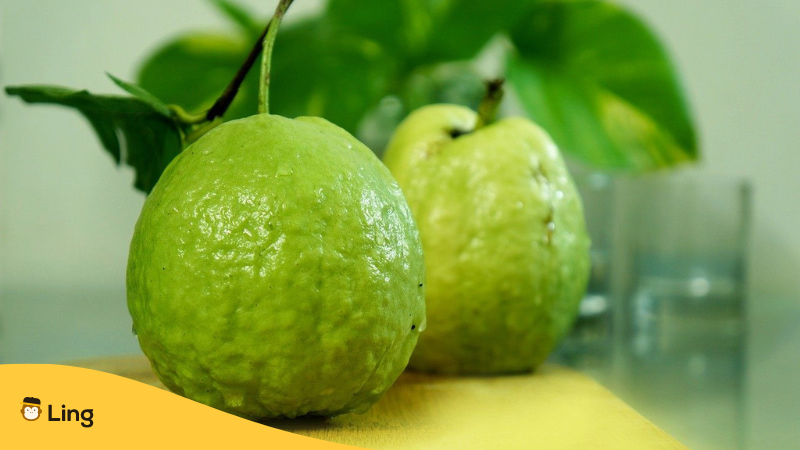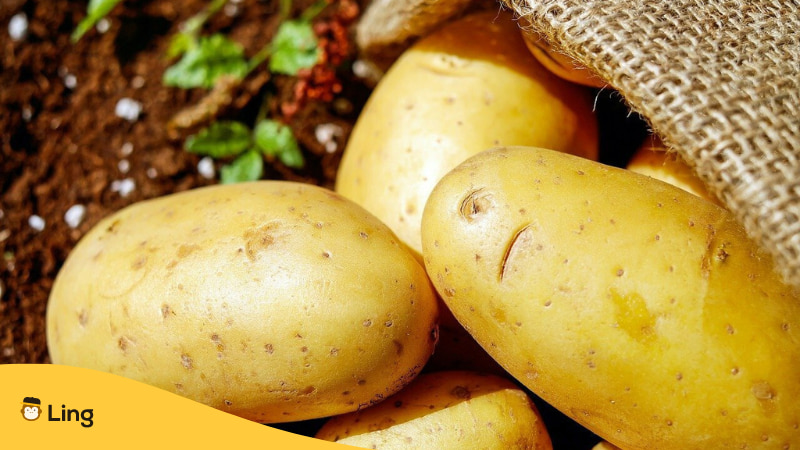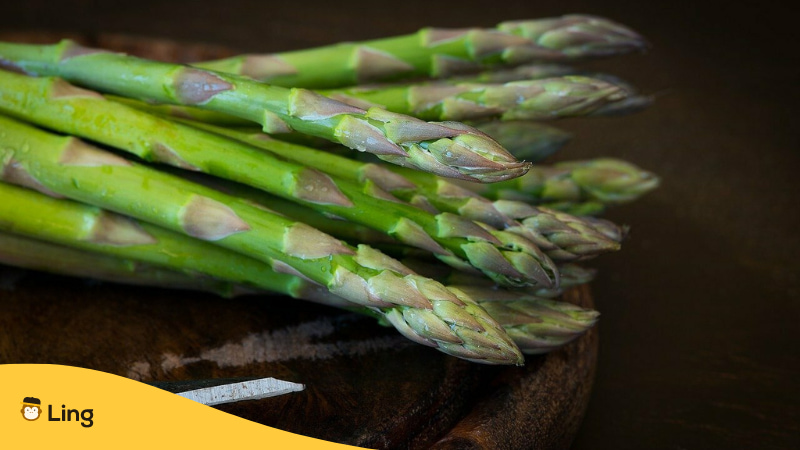Menu

The word farang is one that you will likely hear often when in Thailand. Thai people use it quite often when talking about foreigners and tourists visiting the country. Some foreigners even use it to refer to themselves, adding to the mystery.
Are you curious about its actual meaning in Thai? I know I was when first visiting, so we will be looking to answer the question of what does farang mean in Thai and when is the right time to use it. Hopefully, you will then be able to distinguish the different meanings.
The word we are talking about today actually has a couple of different meanings that are quite different from one another but have a very subtle link.
Before we talk about what does Farang mean in Thai, we need to know its history. Where were you when you first heard the word farang? This question is quite important, as it may help determine what the person was saying. For example, if you were walking randomly down the road and heard it, it is likely different from hearing it be shouted at a food market.

Let’s look at that first example where you are walking down the road, as this scenario is probably the most common usage or at least one that most people are curious about. The word, in this case, is likely ‘farang’ (ฝรั่ง) and means Caucasian or white people.
However, you may find that most people will use it to refer to all foreigners, no matter where they are from or whether they are living in Thailand or just visiting. I haven’t usually heard it being used for referring to other Asian visitors, but apparently, it may still be used in that case. Don’t think of it as a bad thing, though. It is just a common way of referring to people and isn’t necessarily used in a mean or rude way.
It can be used in a more rude way. The phrase ‘farang khii nok’ (ฝรั่งขี้นก) is used to describe a foreigner who is rude or disrespectful. It could be understood as white trash, too. However, directly translated, it means ‘bird droppings foreigner’, referring to the fact that bird droppings are white. That is pretty smart.
All in all, unless you are going out of your way to being disrespectful to Thai culture or its people, the word farang is likely being used in a nicer way.

I have talked at length about the many joys of Thai fruit. As it is a tropical country, you will find many exotic fruits that you may not be able to find elsewhere. One such fruit is the humble guava. Well, with its very high Vitamin C content, it may not be that humble, but based on its look, it is quite plain.
Anyway, ignoring the benefits of eating healthy, the really interesting topic for today is its name. That’s right, the name for guava in Thai is ‘farang’ (ฝรั่ง). Those of you who are able to read Thai characters will likely have noticed that the Thai name for guava is the same as the Thai word for the Westerner. How does that work?
It is mainly to do with context. As there is no difference in tone or pronunciation, you would figure out your Thai friend is buying some guava due to the fact you are in a market (like I mentioned earlier) and ordering fruit.
It is said that this fruit got its name from the fact that the flesh on the inside is white, like the skin of a European person. However, it is more likely due to the fact that the fruit was introduced to the country by traders from Portugal. Either way, its origins come back to that first meaning we talked about above.

Next time you are out to buy some potatoes, listen out for their Thai name. They are known as ‘man farang’ (มันฝรั่ง). This is yet another name derived from the fact that it was first introduced by Westerners to the country.
In Thai, you have several types of ‘man’ (มัน) or yams, as they are known in English. For example, ‘man thet’ (มันเทศ) is the name for sweet potatoes, a personal favorite of mine. They belong to s similar family as potatoes. So, it makes sense that when these foreign versions were brought in, they were called foreign yams or ‘man farang’.
Next time you are at a fast food place, remember that the word for French fries is ‘man farang thod’ (มันฝรั่งทอด), so that may be what you are hearing, rather than someone talking about you behind your back.

Here is another one to add to the list of fruits/vegetables named farang after being introduced from the West. In Thai, asparagus is known as ‘naw mai farang’ (หน่อไม้ฝรั่ง). This name is a bit more literal, though.
The ‘naw’ (หน่อ) part of the name means ‘shoot of a plant,’ so the whole thing can literally be translated as meaning ‘shoot of a foreign plant,’ which is a good description when you think about it.

Seemingly out of nowhere, the word farang can also mean French. As we discussed before, when looking at country names, France is known as ‘farang seht’ (ฝรั่งเศส). Once again, the spelling and pronunciation of the word are familiar, though with an extra word at the end in this case. The story behind this one is quite interesting, though.
Looking back at the history of the Thai language, you should know that Thai was influenced heavily by its neighbors. The Frankish people of the 12th century made a name for themselves in the Middle East. The name of the people – the Franks – eventually made its way into the Thai language, changing slightly to ‘farang’.
I guess this one can be seen as the true origin of all these words, putting an end to the mystery behind it.
This is not an exhaustive list of the meanings of farang in Thai, but I think it does paint a picture of how widespread its use is. It is interesting to see that it all comes back to the name of the Frankish people, which came to mean Western or foreign. Either way, I hope this interesting look into this Thai word has increased your interest in learning the Thai language.
If it has, then give the Ling app a try. Grow and test your knowledge of the language for just a few minutes every day and see how far you can progress. Download it on the Play Store or App Store now!